Jesse Bethke Gomez: Reshaping the Caregiving Ecosystem
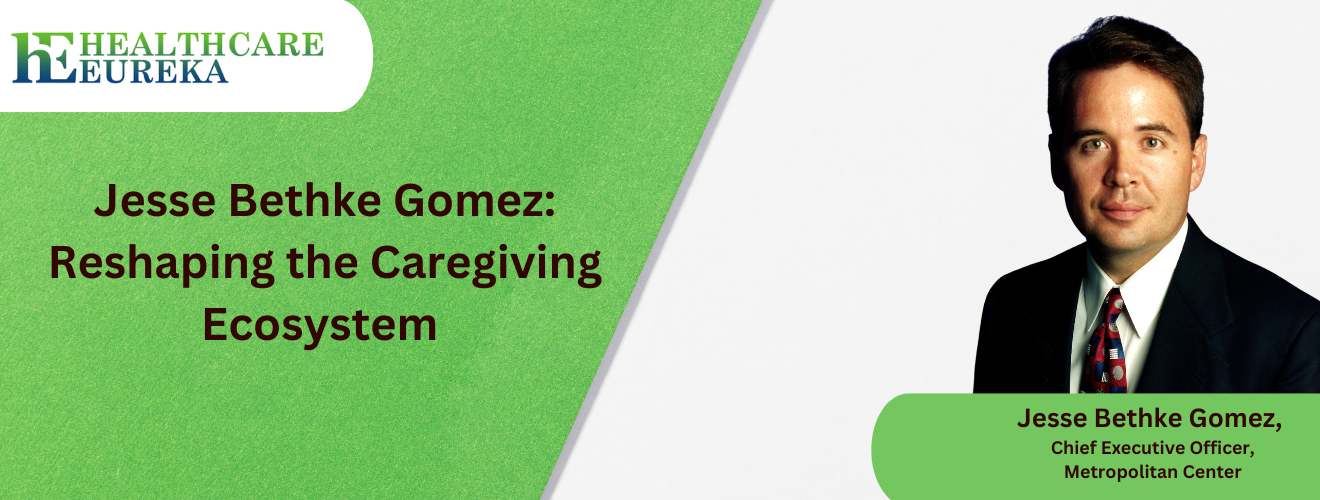
Care, once seen as an obligation, is now understood as a cornerstone of dignity, both for those receiving it and those giving it. Yet, in our complex systems, the caregivers themselves—those who empower others to lead full, independent lives—often remain undervalued and overlooked.
Jesse Bethke Gomez, Chief Executive Officer of the Metropolitan Center for Independent Living, isn’t just aware of this gap; he’s been working relentlessly to close it. From transforming the direct care workforce to elevating the role of caregivers in policy and practice, Jesse’s work redefines how we approach care.
Crafting Leadership that Transforms Lives
Early in his career, Jesse Bethke Gomez made the conscious decision to focus on both executive leadership and strategic leadership. His mentor during this time was a national director of strategic planning for a FORTUNE 500 corporation, who played a pivotal role in shaping his professional trajectory. After earning his Master’s degree in Management and Administration with an emphasis on strategic leadership, Jesse went on to serve as a senior business consultant for a management consulting agency that specialized in enhancing the net worth of entrepreneurs.
Reflecting on his journey, Jesse credits a key moment in his career to his personal experience working with W. Edwards Deming, Ph.D. Deming, a renowned consultant in statistical studies and a leader in the global continual improvement movement, had notably contributed to the rebuilding of Japan after World War II. Jesse trained personally with Deming, and his leadership theory had a profound impact on him. This encounter sparked Jesse’s ongoing quest to explore how he could make a meaningful and positive difference in the world.
Throughout his extensive career as a CEO and thought leader, Jesse has had the privilege of meeting and training with remarkable thought leaders whose insights have significantly shaped his own leadership philosophy. Over the years, he has come to recognize the importance of self-awareness as the foundation for continual growth as a leader. Jesse has learned that there is often a part of our leadership-self that can be difficult to identify, yet it is frequently revealed through the impact it has on the people we lead or work with.
He explains that our leadership style has a dynamic effect on the people we interact with, and the emotions of those individuals often serve as a reflection of our own leadership approach. A key moment in his understanding of this concept came from his dear friend and colleague, Tor Dahl, Chairman Emeritus of the World Confederation of the Productivity Sciences. In a breakthrough 1995 presentation at a global conference in Istanbul, Turkey, Tor Dahl shared insights on the dynamic impact of leadership and followership in the context of human emotions. Jesse and Tor, both working in healthcare at the time, collaborated to advance leadership in the field, deeply influencing Jesse’s philosophy.
Bridging Healthcare, Dignity, and Community
Jesse’s work in healthcare is rooted in a fundamental premise that applies universally to all of humanity. He believes there are two core truths or natural laws that pertain to every individual. The first is that inalienable rights—namely, life, liberty, and the pursuit of happiness—are endowed to all humanity. The second is the self-evident truth that all people, across the world and throughout time, are equally endowed with human dignity.
For Jesse, context is essential in shaping how we approach health outcomes for people in the rich mosaic of the global human population. He explains that our human nature is universally shared as Homo sapiens, and while our life journeys are similar for all, it is through language, culture, history, and place that people find belonging and connection. In striving for better health outcomes, Jesse emphasizes the importance of enabling individuals to realize their own dreams and aspirations—of living independently, while receiving interdependent support within thriving communities.
He further asserts that advancing vibrant communities can also contribute to economic sustainability at the regional level, highlighting the interconnectedness of healthcare, community development, and broader societal progress.
Pioneering Solutions for Independent Living and Direct Care Workforce
In 2015, Jesse began addressing the barriers to independent living for communities with disabilities as the Chief Executive Officer of the Metropolitan Center for Independent Living. He was asked by two prominent leaders in the Disability Community to tackle the pressing issue of direct care worker shortages for individuals with disabilities who depend on direct care services for daily living. Through his work, Jesse discovered a significant gap in the nation’s healthcare system, where the medical sector and the home healthcare sector, which includes direct care services, operate separately. While the medical model had long recognized the role of Certified Nursing Assistants (CNAs) as a credentialed profession, the home care sector lacked a similar credentialed role for the past 40 years.
Determined to address this gap, Jesse led a team to create an additional role for the direct care workforce. This role would be supported by a postsecondary curriculum, culminating in the certification of a “Certified Direct Support Professional”. This initiative also includes a competitive wage differential that would help address the long-standing pay disparities in the home care sector. The direct care crisis has reached alarming levels across the United States, with individuals who rely on direct care workers facing severe shortages. This shortage has resulted in individuals being forced out of their homes and, in many cases, suffering from related health complications. Jesse believes that the solution lies in fully integrating the new model for the direct care workforce into all aspects of society, including the federal government and all 50 states.
The growing older adult population in the U.S. is larger than in the past three to four decades combined, and it is expected to peak around the 2050s. Recognizing the historical significance of this moment, Jesse asserts that it is this generation of leaders in healthcare, higher education, workforce development, and elected office that can change the course of history for future generations. By bringing the Certified Direct Support Professional to the forefront, not only can the direct care crisis be solved, but it can also allow people currently in long-term institutional care to return to their homes, thereby fostering vibrant communities and contributing to economic sustainability both regionally and nationally.
Jesse has also reached out to the Federal Reserve Banks, engaging in discussions about the direct care crisis and its potential threat to the nation’s economic viability. He has had conversations with individuals from around the world who are eager to explore this transformative model as a solution to the global direct care crisis. His hope is that through collaboration, the crisis can be resolved, underscoring the noblest value of all—advancing the ability of people to care for one another. Jesse believes that healthcare leaders have a pivotal role to play in embodying and advancing this noble value, which is essential for the future of society.
Revolutionizing Healthcare and Caregiving
As a Kellogg Scholar in Public Health, Jesse Bethke Gomez was awarded a nationally competitive scholarship that allowed him to deepen his leadership in public health through coursework at the University of North Carolina Chapel Hill, home to the nation’s top public health school. The program also included significant coursework from the Kenan-Flagler Business School, further enriching his academic foundation. By 2020, when the COVID-19 pandemic became a critical public health crisis, Jesse’s academic experience had prepared him to take decisive action. In Minnesota, he facilitated a collaboration between the Minnesota Department of Health, FEMA, and other stakeholders to develop in-home vaccination services for people with disabilities and others who were unable to leave their homes in pursuit of vaccinations.
Long before the pandemic, Jesse had been appointed by a Minnesota Governor to serve on a Citizen’s Healthcare Committee tasked with addressing better health outcomes and reducing healthcare costs. The committee was led by U.S. Senator David F. Durenberger (retired), who had previously served as the Chair of the U.S. Senate Health and Human Services Committee. From Senator Durenberger, Jesse learned that the United States was the only Western nation without a national public healthcare policy. This realization proved pivotal when the COVID-19 pandemic became the defining public health crisis of the generation, highlighting the absence of a national public health policy to guide the country through the unprecedented crisis.
Jesse believes that the lessons learned from the pandemic present an opportunity to advocate for the creation of a national public health policy in the United States—one that serves the greater good and the common good of all its citizens. His work in public health and leadership continues to be informed by this critical gap, and he remains committed to advancing policies that can protect and improve the health of the nation in future crises.
Championing Justice in Public Service
Jesse was appointed by the Minnesota Supreme Court to the At-Large Non-attorney Commissioner role on the Minnesota Judicial Selection Commission, an honor and responsibility he took to heart. Inspired by his mother, Irene-Gomez-Bethke, who served as Minnesota’s Human Rights Commissioner and played a pivotal role in recruiting the state’s first diverse group of judges, Jesse worked to recruit and support world-class judicial candidates, particularly from protected classes. Over two terms, he reviewed 2,750 judicial applicants and conducted interviews with around 1,000 candidates. Governor Mark Dayton appointed over half of Minnesota’s judiciary, increasing diverse appointments by more than 108%.
Jesse learned the critical balance between the three co-equal branches of representative democracy, recognizing the judiciary’s vital role in ensuring fairness, freedom, and justice. He was influenced by Tor Dahl’s work, which highlighted that the most productive nations have the key variables of freedom, fairness, and safety in place, all of which are supported by a strong judiciary. Jesse chose to serve on the Commission out of a deep commitment to active citizen engagement and a belief in working for the greater good and common good of society.
Jesse has served on 42 boards and commissions across non-profit, private, and government sectors. His approach to navigating diverse stakeholder interests is rooted in a commitment to decorum, responsibility, and a focus on mission, membership, stewardship, accountability, and transparency. He believes that welcoming input does not conflict with the greater good; rather, healthy discourse can foster breakthrough thinking. Boards and commissions that operate with a clear mission and guiding principles have been the most effective in his experience, advancing institutional, community, and societal progress.
Crafting the Blueprint for Growth in Higher Education
As Chief Strategy Officer for a $66 million university, Jesse leveraged his experience in strategic planning across various sectors to drive growth and innovation. He recognized that institutions, whether in private industry, healthcare, government, or education, all have guiding principles that endure despite leadership changes. He emphasizes the importance of understanding an institution’s values and language, as they are central to its meaning and purpose. He coined the term “organizing principle” to refer to the core reason for an institution’s existence and stressed that institutions also possess what Graham Hubbard, a global thought leader in planning, calls “distinctive competencies.” For Jesse, highly effective planning involves creating strategies that align an institution’s organizing principle, mission, values, and capabilities to optimize efforts over time. His work at the university focused on strategic optimization, and he plans to contribute to the field of strategic leadership with a new generation planning framework to address the rapid pace of global change.
Building Bridges for Care and Community
Jesse has led major fundraising efforts, raising $60 million over the course of his career. He emphasizes the importance of logistics in achieving ambitious goals. Successful fundraising, he believes, hinges on meticulous planning, preparation, and execution, with the ability to adapt in real-time being crucial to success.
Balancing corporate leadership with national and international engagement requires careful reflection and continuous adjustment. Jesse has worked to address the direct care crisis, focusing on policy, legislation, and alleviating human suffering for those reliant on direct care services. He emphasizes the importance of relationships, particularly in bringing together sectors that might not traditionally connect. His work includes advancing the first-ever PCA College Service Corps in the U.S., which is proving to be a transformative program for college students and people with disabilities.
Creating welcome and belonging for all, in Jesse’s view, is central to building high-performance teams. He values creating a safe, trust-filled environment that nurtures creativity, allowing individuals to contribute and innovate freely. He credits Dr. Edwards Deming’s philosophy on pride in work and Tor Dahl’s principles of freedom, safety, and fairness as foundational to team success.
Reflecting on his career, Jesse is most proud of his efforts to address the direct care crisis. He believes that by giving over 4 million direct care workers the opportunity to attain the Certified Direct Support Professional credential and a competitive wage, he can help solve the crisis for people with disabilities and older adults. This, he hopes, will lead to vibrant communities and economic sustainability for generations to come, emphasizing the importance of advancing the ability of people to care for one another.
Explore more insightful articles, interviews, Healthcare news, and Healthcaremagazines on our website. Click here to stay informed and inspired!
Latest Editions
-
 David Fiorucci: Transforming Leadership and Driving Sustainable Changemagazines
David Fiorucci: Transforming Leadership and Driving Sustainable Changemagazines -
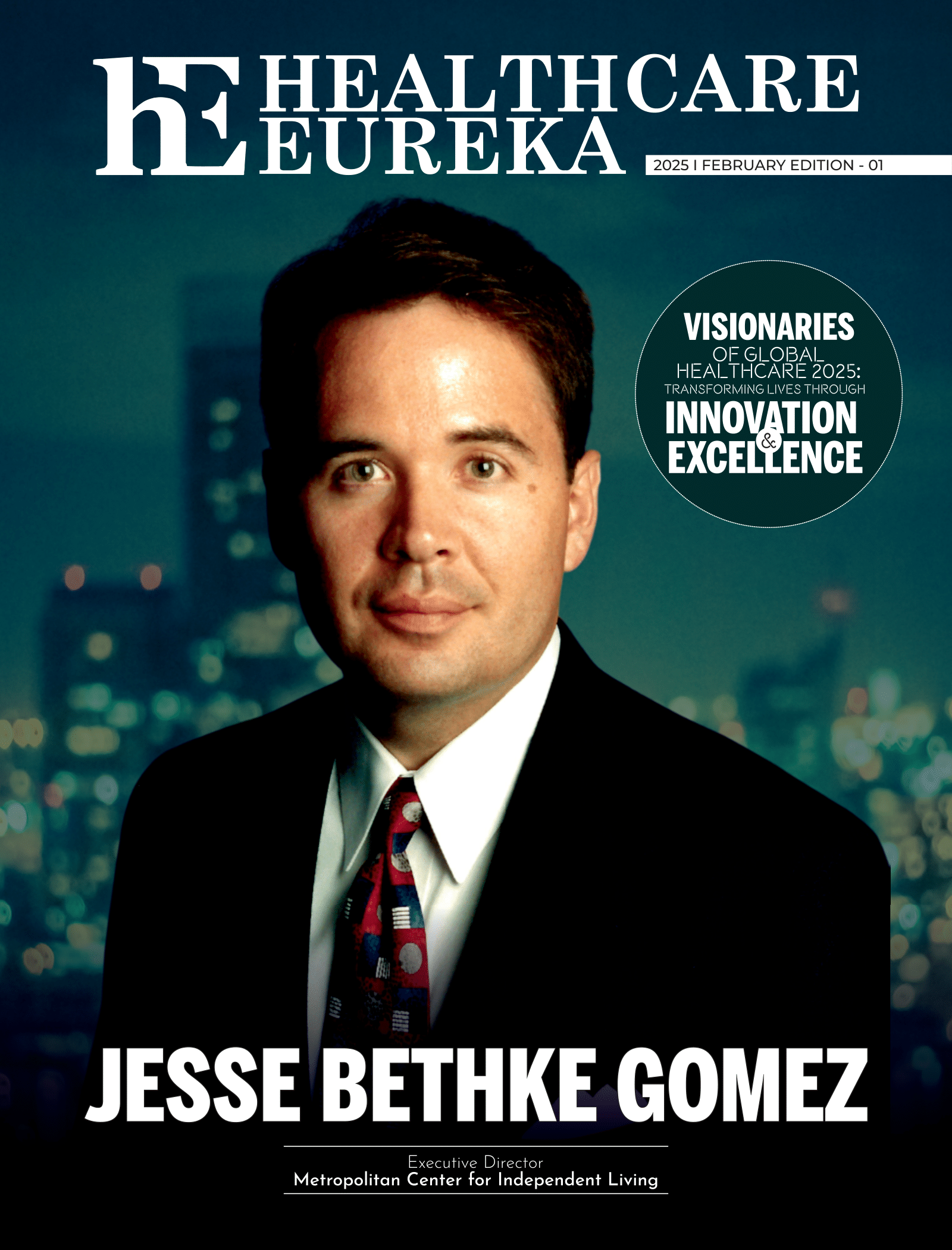 Visionaries of Global Healthcare 2025: Transforming Lives Through Innovation and Excellencemagazines
Visionaries of Global Healthcare 2025: Transforming Lives Through Innovation and Excellencemagazines -
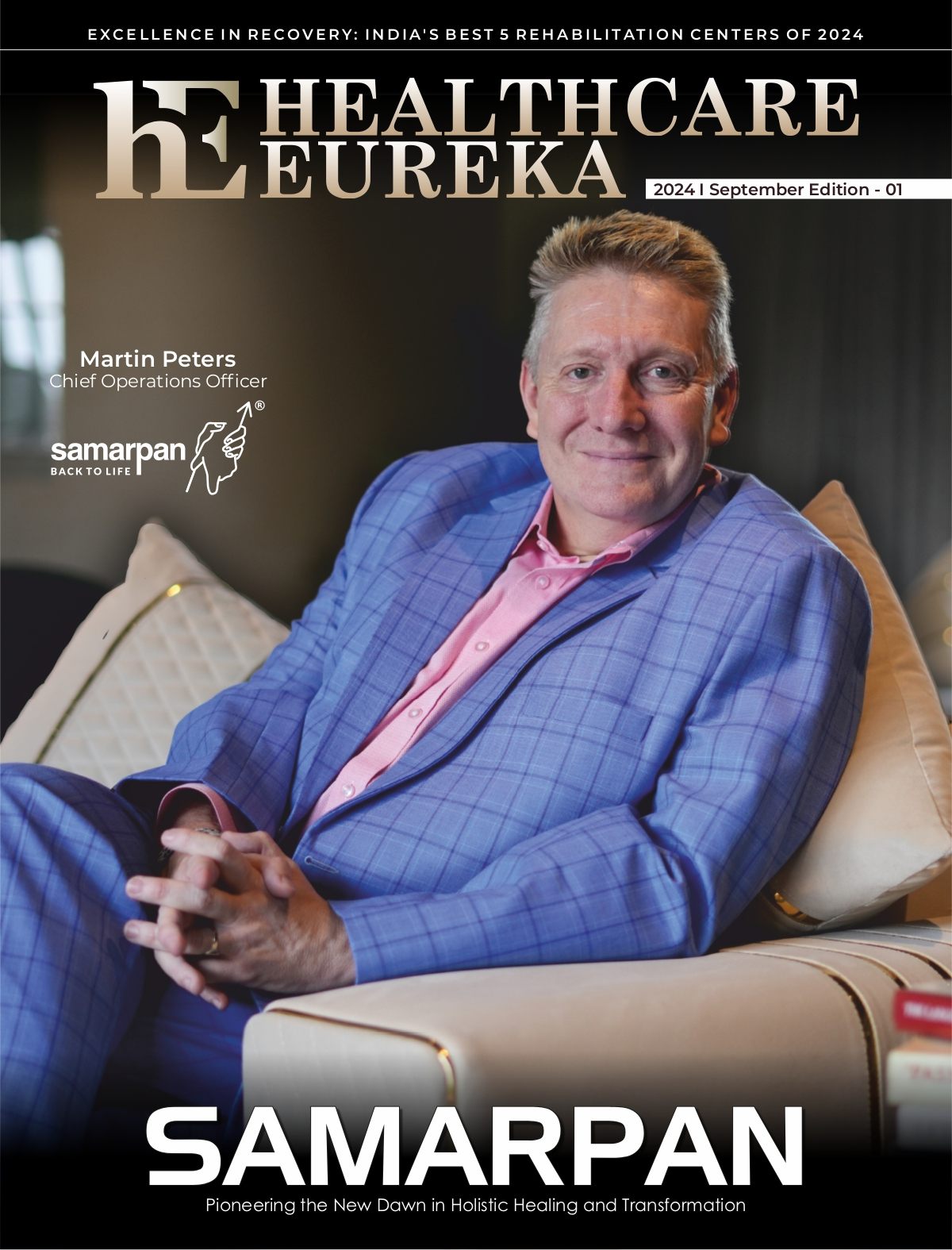 Excellence in Recovery: Best 5 Rehabilitation Centers of 2024magazines
Excellence in Recovery: Best 5 Rehabilitation Centers of 2024magazines -
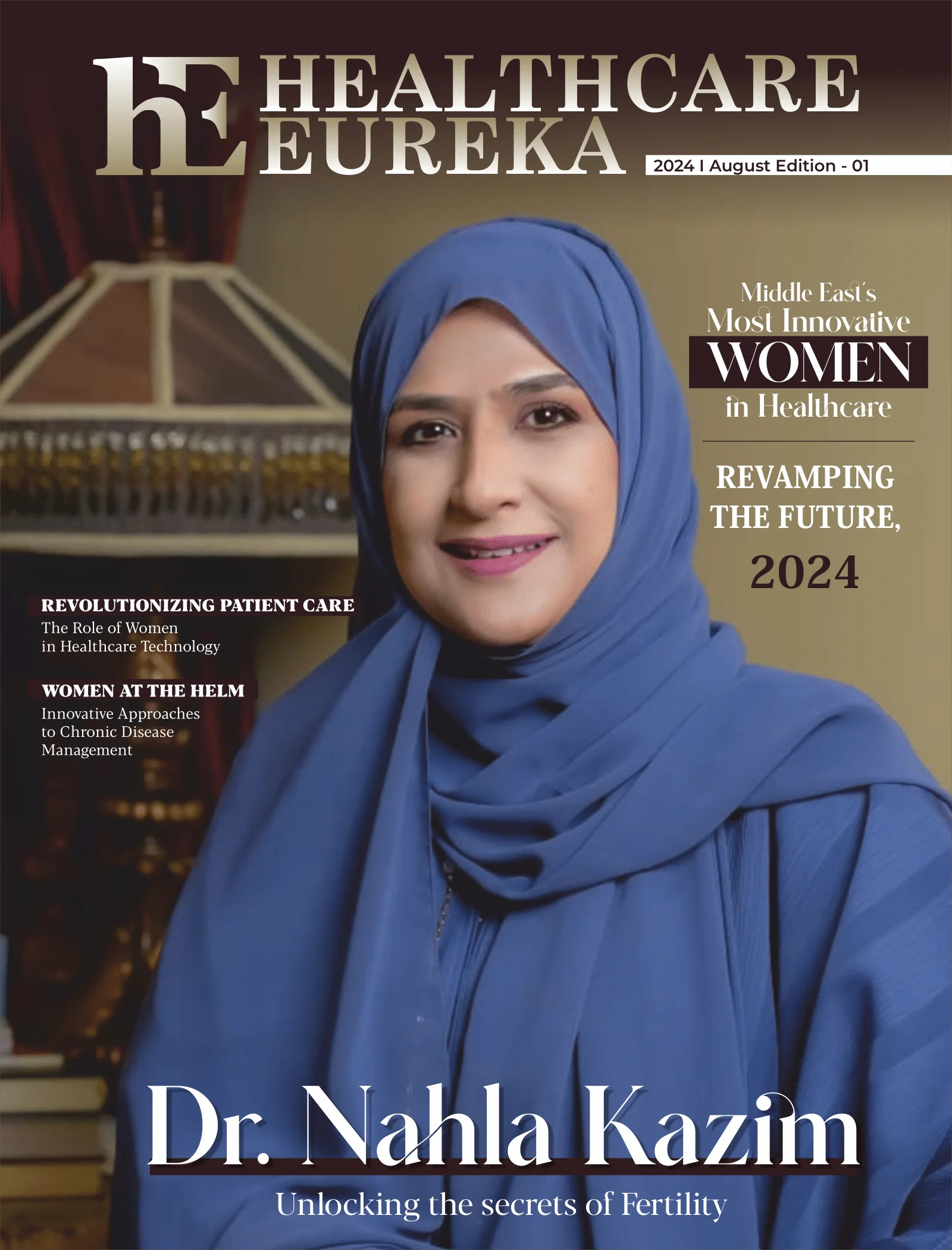 Middle East's Most Innovative Women in Healthcare Revamping the Future, 2024magazines
Middle East's Most Innovative Women in Healthcare Revamping the Future, 2024magazines -
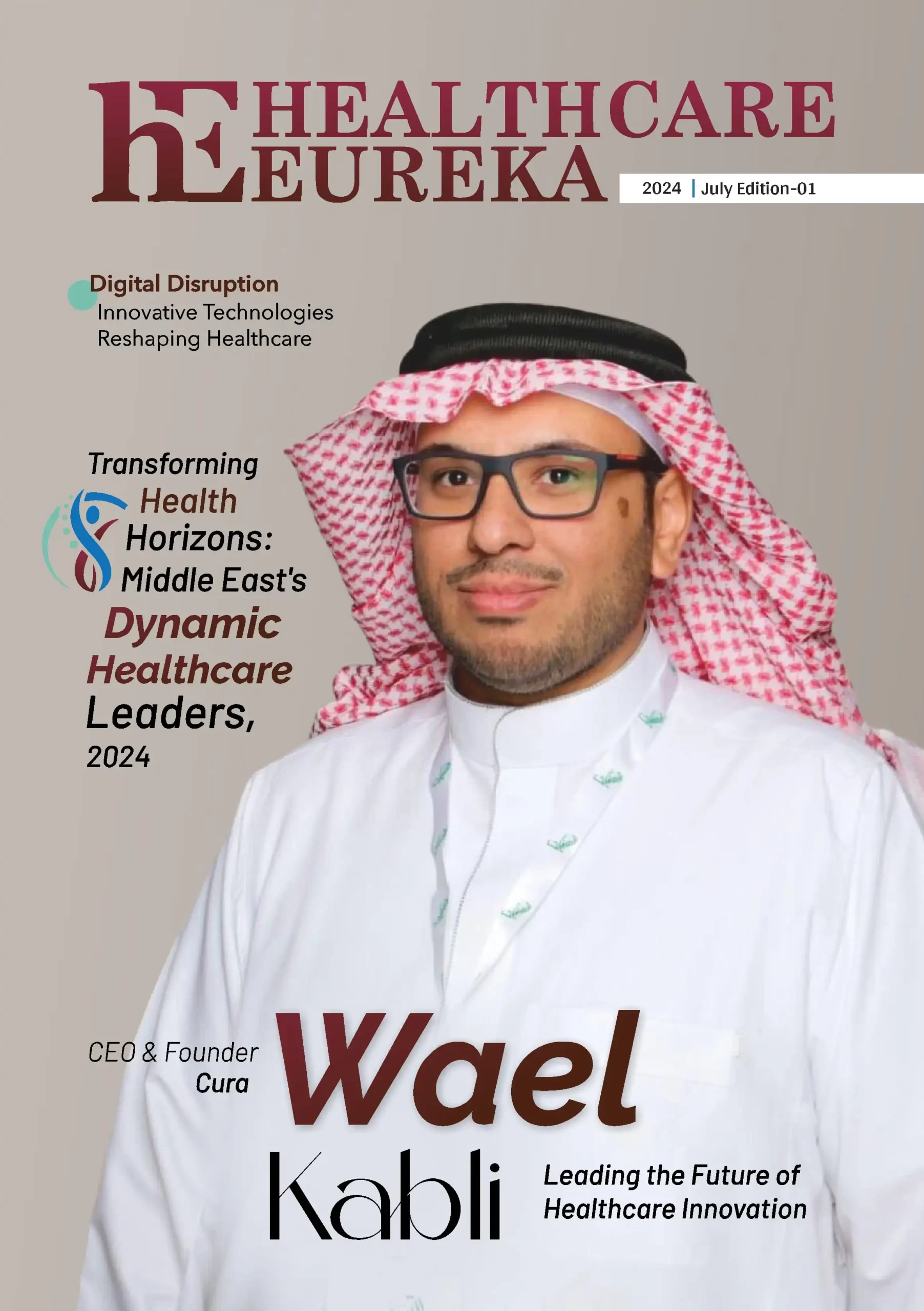 Transforming Health Horizons: Middle East's Dynamic Healthcare Leaders, 2024magazines
Transforming Health Horizons: Middle East's Dynamic Healthcare Leaders, 2024magazines
